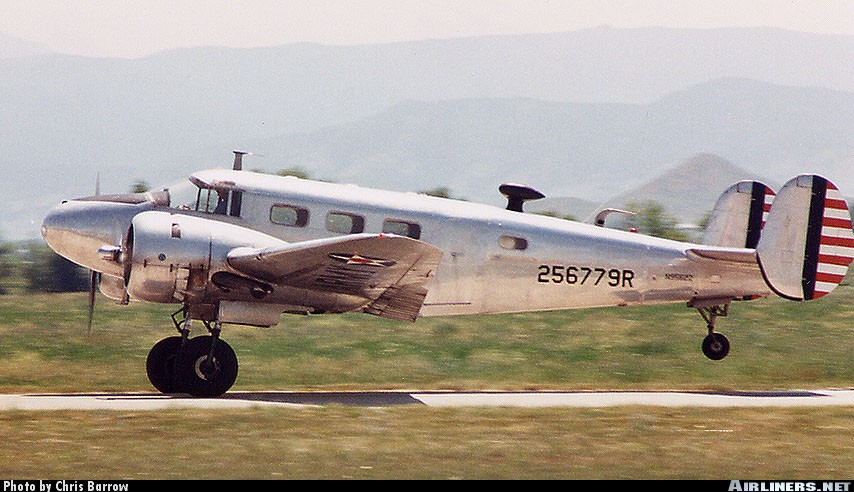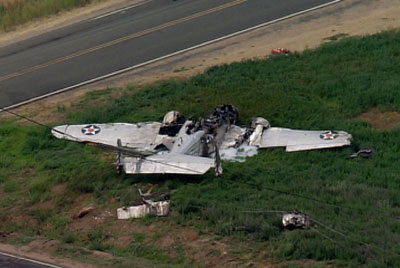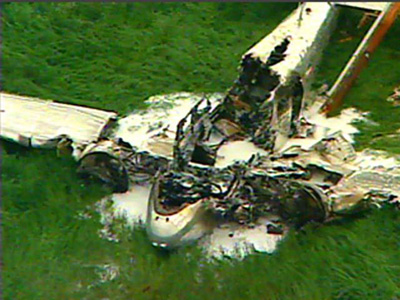Country
Crash of a Beechcraft C-45 Expeditor off Nassau: 2 killed
Date & Time:
Dec 14, 2010 at 1510 LT
Registration:
N38L
Survivors:
No
Schedule:
Fort Lauderdale – Nassau
MSN:
6323
YOM:
1944
Crew on board:
2
Crew fatalities:
Pax on board:
0
Pax fatalities:
Other fatalities:
Total fatalities:
2
Circumstances:
While approaching Nassau-Lynden Pindling Airport runway 27 in poor weather conditions (cold front), the twin engine aircraft crashed into the sea few km offshore. Some debris were found floating on water north of Nassau. Both pilots were killed.
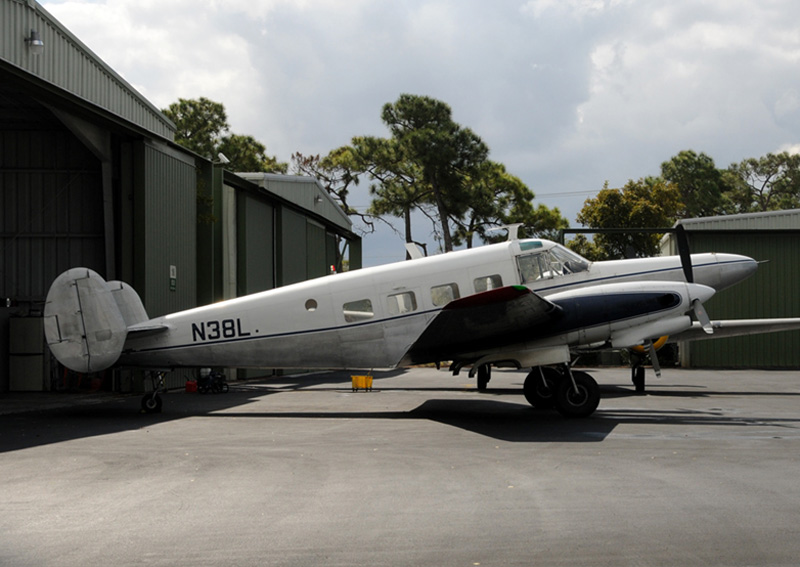
Crash of a Beechcraft UC-45J Expeditor in Verdel: 1 killed
Date & Time:
Jul 18, 2009 at 1905 LT
Registration:
N6688
Survivors:
Yes
MSN:
7085
YOM:
1944
Crew on board:
1
Crew fatalities:
Pax on board:
1
Pax fatalities:
Other fatalities:
Total fatalities:
1
Circumstances:
The private pilot/owner and a passenger were transporting the pilot's multi-engine airplane to another airport so it could undergo an annual inspection. Shortly after departure, the right engine began to vibrate violently and the pilot elected to make a forced landing to a pasture. The airplane caught on fire and both radial engines separated from the airframe and sustained impact damage. The pilot was not rated by the FAA to operate multi-engine airplanes and he had not received any formal training in the airplane. The accident flight was his first time flying the airplane by himself. The airplane had not received an annual inspection in approximately 8 years prior to the accident. Examination of the right engine revealed extensive mechanical damage possibly due to a connecting rod failure.
Probable cause:
The pilot's improper decision to fly an airplane that was not airworthy and for which he was not properly rated to operate, and his failure to maintain control of the airplane during a forced landing to a field following an engine failure. Contributing to the accident was the failed cylinder connecting rod.
Final Report:
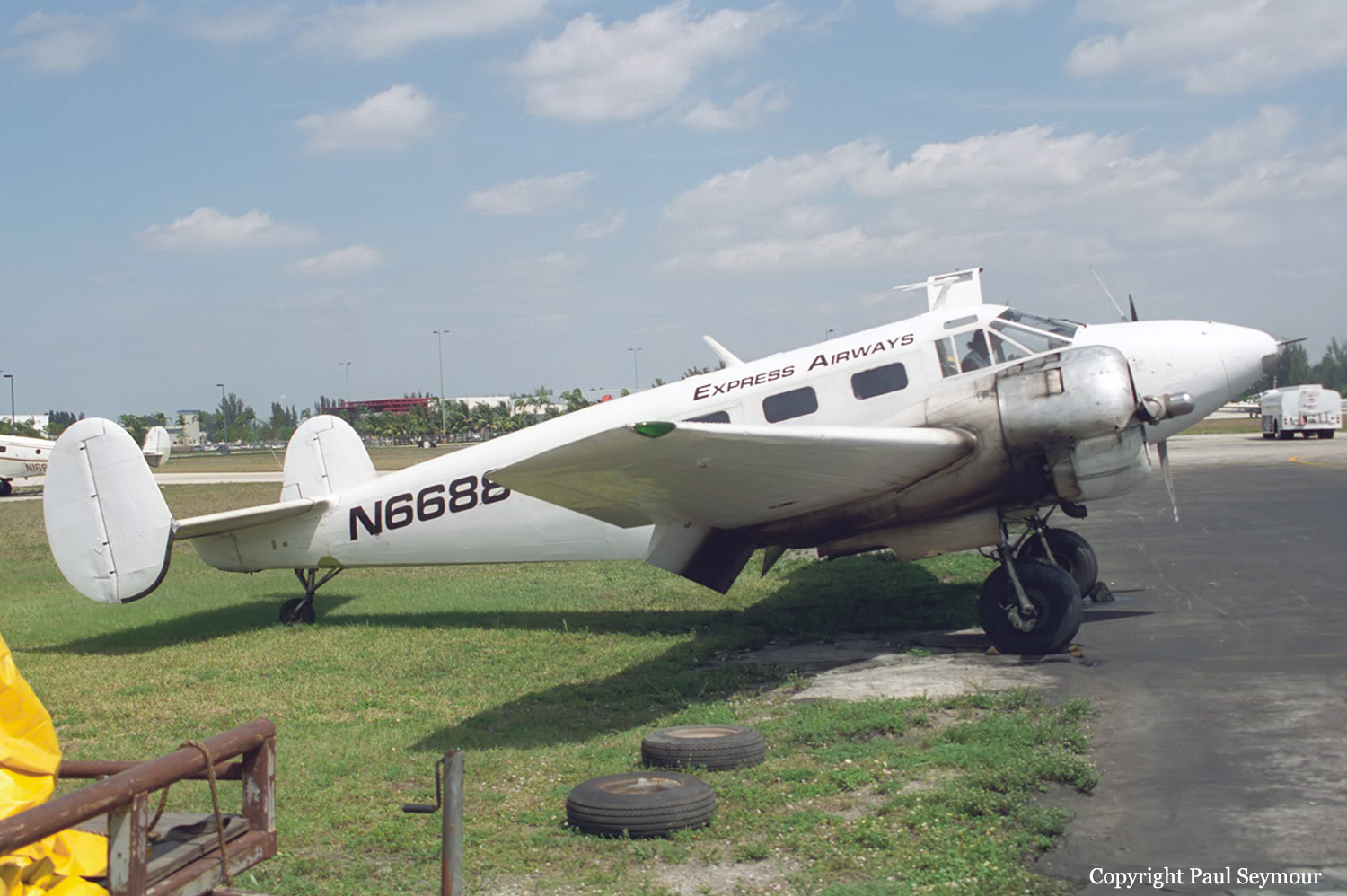
Crash of a Beechcraft C-45H Expeditor in Longmont
Date & Time:
Jul 19, 2007 at 0900 LT
Registration:
N9562Z
Survivors:
Yes
Schedule:
Hudson - Boulder
MSN:
AF-12
YOM:
1946
Crew on board:
2
Crew fatalities:
Pax on board:
0
Pax fatalities:
Other fatalities:
Total fatalities:
0
Copilot / Total hours on type:
13
Aircraft flight hours:
3925
Circumstances:
During the instructional flight, the instructor shut down the right engine and feathered the propeller. It was subsequently restarted, but the left engine started running rough and began to vibrate. The left engine was shut down and the propeller feathered. Level flight was maintained from power produced by the right engine. The left engine was then restarted but instead of producing thrust, the engine produced more drag so it was secured again. Then the right engine began losing power. Full power was applied but the airplane continued to descend. The instructor lowered the landing gear and while in-transit, the airplane clipped the tops of trees. He was able to guide the airplane between two houses and impacted an open field. The airplane bounced across the road, struck a power pole, and caught fire. The two pilots evacuated the airplane via the main cabin door. Examination at the airport of departure disclosed two pools of oil at the approximate positions of the two engines. There were two trails of oil leading from the parking spot down the taxiway and onto the runway. Both engines were partially disassembled and examined. There was evidence that both engines had failed catastrophically due to oil starvation. The left engine crankshaft was broken and all the piston heads were at the tops of their cylinders. Pieces of metal were recovered from the right engine oil sump. According to the operator, the engine rocker box recovery system must be drained during preflight to avoid hydraulic lock. The instructor stated that when they preflighted the airplane, the drain valves were open (the drained oil is captured and recycled). He thought they had closed both valves. According to the operator, either the pilot's failed to close the drain valves or they were jammed in the open position. The operator said the latter was unlikely "because you can feel it move when you close it."
Probable cause:
The instructor pilot's improper preflight in that he failed to close the rocker box recovery system drain valves, resulting in a total loss of lubricating oil and subsequent oil starvation to both engines. A contributing factor was the trees.
Final Report:
